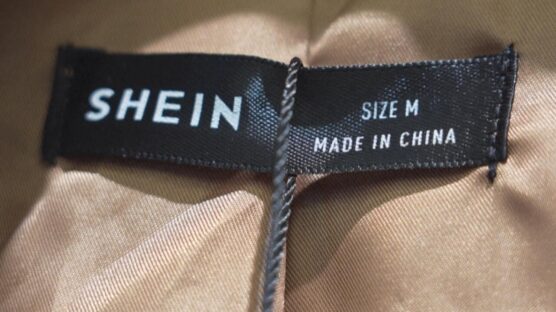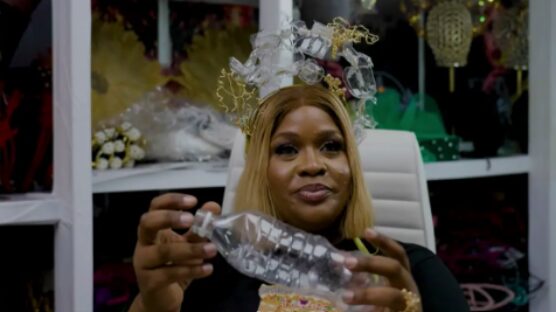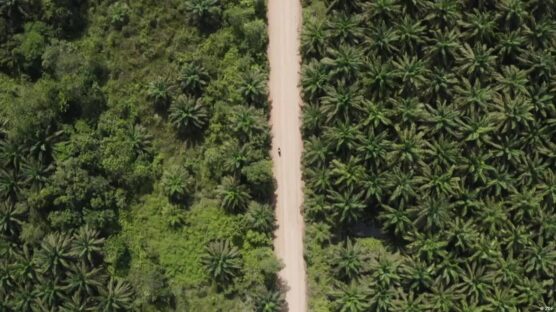Sustainable fashion: Buy if you have to, but make do and mend
By France24
24 March 2021 |
11:10 am
In today’s Perspective, FRANCE 24 speaks to an activist who wants us all to cherish the clothes that we already have hanging in our wardrobes. The former fashion designer and obsessive keeper Orsola De Castro has just published a new book called “Loved Clothes Last”. Eight years ago, after the devastating textile factory disaster in Bangladesh, she co-founded the global movement “Fashion Revolution” which calls for a change within the fashion industry.
In this article
Related
Related
17 Mar
Stella McCartney, Marine Serre and Lilia Litkovska are three designers united in their belief that fashion, a notoriously polluting industry that often encourages excessive consumption, can itself be part of the solution.
25 Mar
China-founded Shein uses AI and algorithms to detect the latest trends and can introduce more than 7,000 new items every day, changing buying habits and encouraging over-consumption. These clothes may be affordable for consumers, but they come at a huge environmental and social cost
24 Mar
Ijeure Ezebuike Onwadike crafts extraordinary headwear from unconventional scrap materials. Her designs crown Nigerian celebrities at prestigious events such as the Oceans 8 Met Gala in Lagos.
7 Apr
In the second part of arts24's Rwanda series, Eve Jackson meets a fashion designer taking the country's fashion scene to the next level. Once a model, now designer, Moses Turahirwa re-imagines traditional Rwandan forms and cultural motifs into contemporary pieces.
7 Apr
At the campus of the French Fashion Institute, 27 design students from 13 different countries are gearing up to present their year's work before a highly influential audience. The stakes are high: these students are poised to compete with fellow graduates from the prestigious Central Saint Martins school in London.
Latest
1 day ago
Find these stories and much more when you grab a copy of The Guardian on Wednesday.
1 day ago
The heat of the Premier League title race is on and big games are coming this midweek. Arsenal at the Emirates will take on Chelsea, Everton will entertain Liverpool, and Manchester City will be up against Brighton. Ayomide Sotunbo and Hogan Niyi preview the games in this week's edition of The Nutmeg.
1 day ago
Turkey's president Recep Tayyp Erdogan was in Iraq this Monday - his first official visit in years, where he signed a raft of deals to try and reset rocky relations. High on the agenda was the water issue, stemming from Turkey's construction of dams on the Tigris and Euphrates rivers that reduced the supply downstream to Iraq.
1 day ago
A book by Frank-Walter Steinmeier titled 'We' searches for diversity in the face of division, though it's a difficult balancing act for the head of state.
1 day ago
North Korean state media has claimed Pyongyang tested a "nuclear trigger" simulation drill as a "warning signal" to the US and South Korea.
1 day ago
A review of the UN agency's neutrality was prompted by Israeli accusations that aid workers in Gaza were "terrorists." An independent panel says Israel provided no evidence to back the claim.
×

Get the latest news delivered straight to your inbox every day of the week. Stay informed with the Guardian’s leading coverage of Nigerian and world news, business, technology and sports.


















0 Comments
We will review and take appropriate action.